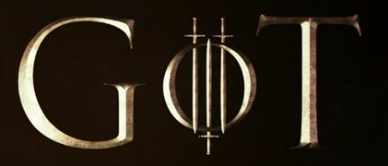FICKLE INVESTORS ALWAYS GET BURNED
Charles Stein brings us up to date on the stock market (“Record Highs Lure Investors Back to Stocks” Bloomberg Businessweek , 12/2/13–12/8/13, pp. 48–49):
“ Investors are rediscovering their taste for equities. Stock funds took in $148 billion in the year’s first 10 months, after five years when money flowed out, according to Investment Company Institute data. The shift marks a reversal from the four years through 2012, when investors put $1 trillion into bond funds, and the financial crisis drove many to abandon stocks and miss out as the Standard & Poor’s 500-stock index almost tripled from its March 2009 low. ” (p. 48)
So, folks were pulling money out of the stock market in the wake of some market declines, and then people were throwing money back into the market in the wake of new market highs. Whenever this happens, I never cease to be amazed by the individual investors who come out of the woodwork crying about their losses and the ruthlessness of the stock market’s gyrations. These are the people who were frightened out of the market during one of its major declines. They chose to pull all their money out of the market, and then cried doubly as they watched the market attain greater highs.
First, if you are the kind of investor who has to pull your money out of the market at the first sign of market weakness, then you should not be in the market at all. By virtue of being invested in the market you are accepting all the realities of the market.
Second, if you are the kind of investor who absolutely cannot stand for your portfolio to lose significant value in the near-term future, then you should have been more diversified into bonds and income funds so that you would not be subject to such major fluctuations. As J.P. Morgan once quipped:
“ Stocks tend to fluctuate. ”
Please do not misinterpret me. I am all for the small investor buying into the market and riding it high. But that investor better do the homework first. Throwing hard-earned money into the stock market is not a frivolous activity nor does it guarantee a return. Whatever money you throw into the market should be part of a long-term, planned, comprehensive investment strategy. The worst action you can take—and there is always a segment of the investing community that does this—is to have money in the market, see a crash, pull your money out in fear, and then keep it out as the market recovers onto new highs. This is called “buying high and selling low,” and it is a recipe for investing disaster.
On the other hand, the educated, disciplined investor will over time, buy low and sell high. This is what enables the stock market to be your friend instead of your enemy.










